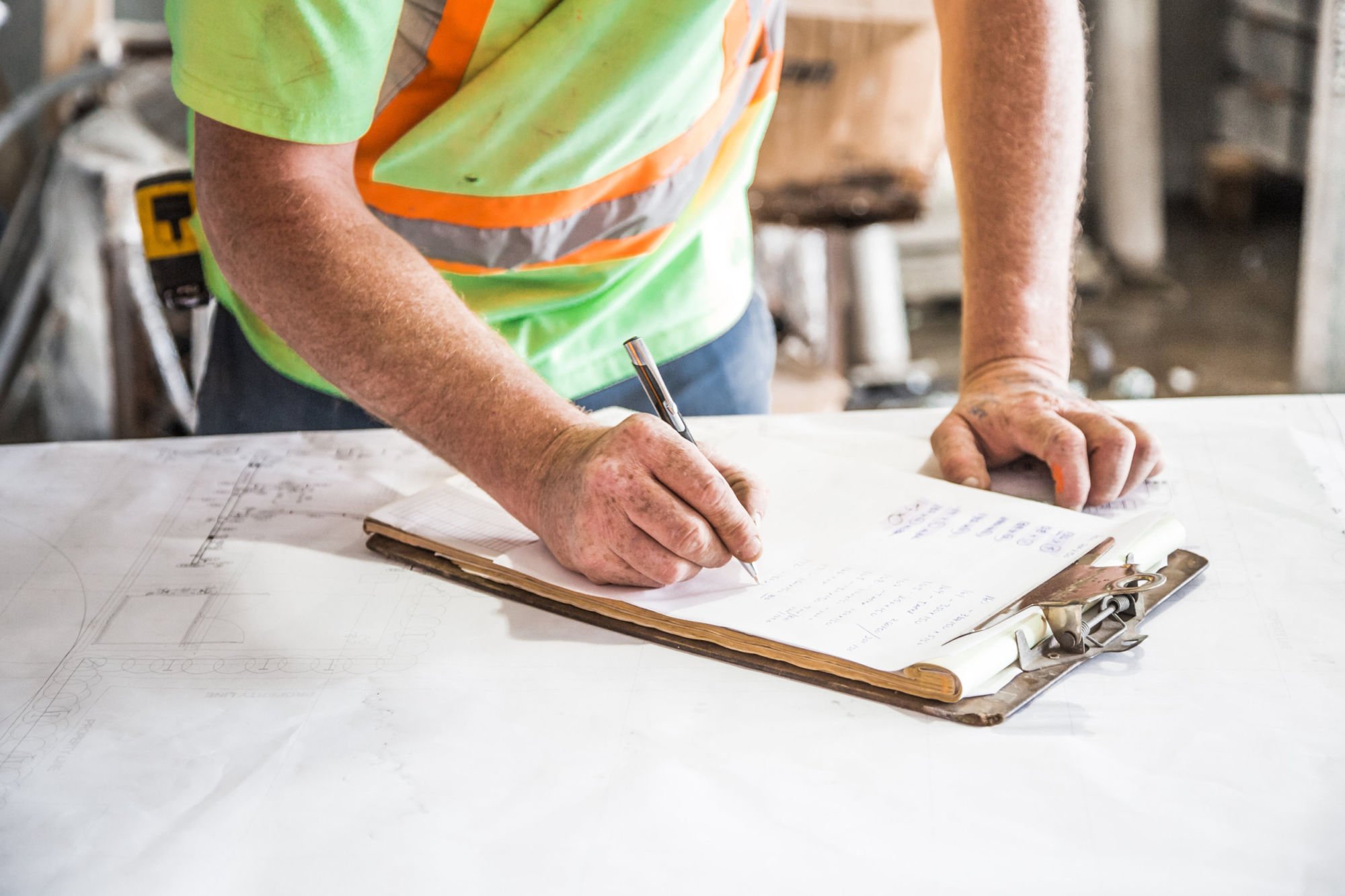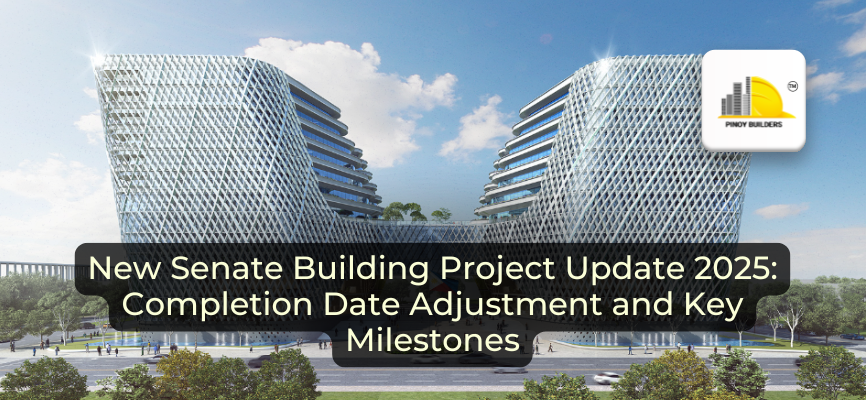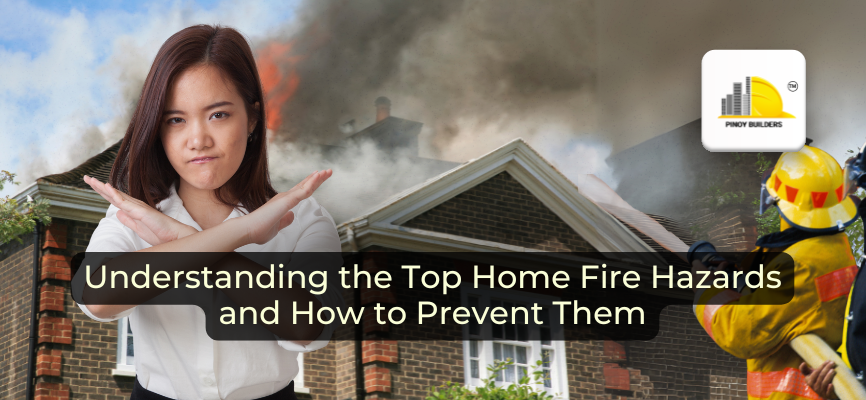With thousands of cases worldwide, the COVID-19 pandemic has affected many people. From personal lives to careers to the economy, the virus has put the whole world at a standstill as each person does their best to combat its spread. Here in the Philippines, the enhanced community quarantine in Luzon has caused the workforce to adapt a work from home scheme. On the other hand, essential workers such as health providers, grocery store owners, and other frontliners continue to work outside for the sake of everyone under quarantine.
Industries have been affected by this lockdown, including the construction industry. Numerous projects have been delayed due to the virus as it requires social distancing and isolation for containment. This may cause some legal issues with companies and their clients. Fortunately, the principle of force majeure may be in place in your project contracts.
What is force majeure?
As per the Construction Industry Authority of the Philippines, force majeure (act of God) pertains to an event that cannot be controlled by both parties. When this is applied, the ones involved are released from contractual obligations as the event is beyond control of any of the relevant parties. Should any of the parties fail to deliver their duties, they would not be held liable.
Other happenings that fall under this are natural disasters, war, protests, and the like. Aside from that, to be considered under the principle of force majeure, the event should also make the fulfillment of the tasks within the normal conditions stated in the contract impossible. Of course, there are also exceptions when it comes to this and most of them have something to do with certain clauses in the contract that have been agreed upon. For instance, if an event is considered as an inherent occupational hazard, the risk was already reviewed upon signing and is not seen as a force majeure.
Can COVID-19 be considered a force majeure?
[content-lock]
Arguments have been made on whether COVID-19 should be considered an event under the force majeure clause. In this case, the pandemic can be classified with the words “disease”, “quarantine”, or other broad umbrella terms. But two factors must be reviewed before one can invoke this clause at the time of COVID-19: unforeseeability and capacity to fulfill obligations.
One characteristic of force majeure events aside from it being beyond the control of anyone involved in the contract is that it is unforeseeable and unexpected. Now you may think that COVID-19 is categorized as this as no one could have expected a pandemic of this scale. It can be argued, however, that the rise of previous pandemics should tell everyone that COVID-19 was foreseeable. Then when you get into when the outbreak happened it gets more complicated. The virus started to gain international attention as early as January, so it could be argued that it was definitely expected that the disease would spread.
This then brings us to the second factor, which is the capacity to fulfill obligations. Countries have called for the general public to practice social distancing. This involves avoiding unnecessary gatherings, practicing good hygiene, and generally staying away from people as they can be carriers of the virus. Unless a construction project is of utmost necessity (example, a hospital), the pandemic should render these obligations impossible to perform within the agreed amount of time as stated in the timeline. This makes the disease an event that is still considered eligible for a force majeure.
What should you do in this situation?
So with all these in mind, what should construction professionals do in this situation? The JD Supra website lists down a checklist of what can be done given this worldwide crisis.
- Look for force majeure clauses in your contract.
- Plot out any delays or additional cost caused by delaying the construction.
- Take note of any adjustments to the budget and timeline as a response to the effects of the force majeure event.
- Address possible financial setbacks through effective insurance products.
It’s important that you know if you can invoke the force majeure principle in your construction projects especially at a time like this. Remember that people are being encouraged to stay at home instead, which means that accomplishing conditions stated in the contract will not be possible for quite a while. It’s better for such clauses to be clarified so that both you and your client can call off the project without any fear of being sued due to contractual breach. And of course, if you can continue it once this is over, you have to be aware of any changes you have to make because of the delays caused by the pandemic.
![]()








